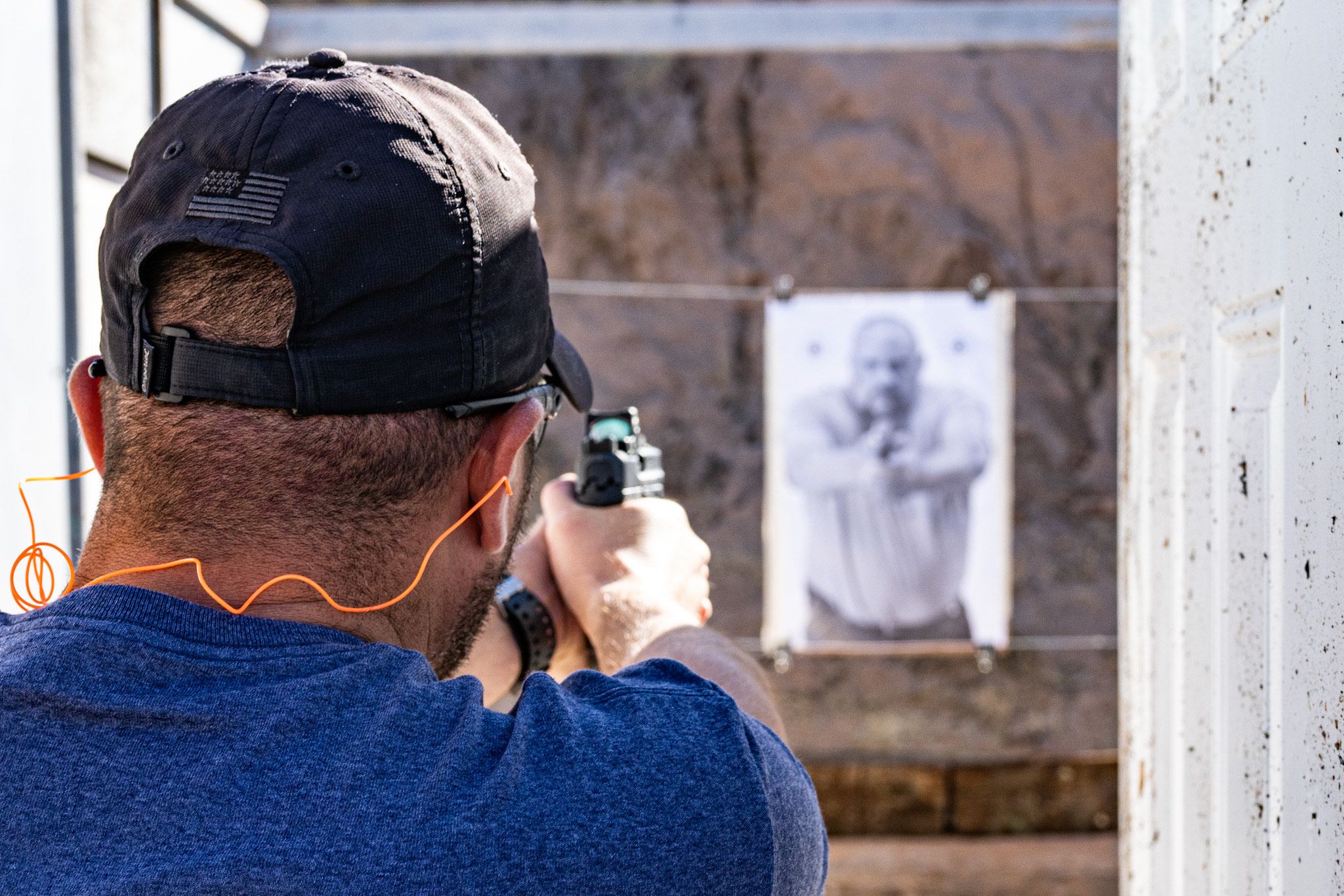EPISODE 131
Ending the Threat, Reasonably

Sometimes bad training passes down information that might once have been good, but garbles it. Take “Shooting to Stop the Threat”…please. This episode sees Mike and Jim discuss the nuances of using lethal force to reasonably end the capacity of an assailant to harm you. What exactly is incapacitation? What’s the difference between “shoot to kill” and to “stop”? Is intent magical? Listen to find out.
Incapacitating a threat by means of lethal force requires certain factors to be met in order to be considered reasonable, and it’s not a blank check. In the laws of war, there’s a difference between sailors boarding a small boat from a sinking ship because they’re out of the fight and marines climbing into small landing craft to get into the fight. In civilian self defense, each shot needs to be defensible, and that means reasonably explainable.
Like what we’re doing? Head over to Patreon and give us a buck for each new episode. You can also make a one-time contribution at GoFundMe.
Intro music credit Bensound.com
CLICK BELOW TO SUBSCRIBE NOW ON YOUR FAVORITE PLAYER
THANK YOU TO OUR SPONSORS! PLEASE GO CHECK THEM OUT
Recent Episodes
Balance: Pace Yourself, it’s a Marathon, not a Sprint
The boys talk us through how to achieve work-life balance in full commitment jobs like aviation, law enforcement, emergency medical services, and other critical roles.
The Boogeyman of Coeur d’Alene – The Crimes of Joseph Duncan
We delve into the horrifying crimes of a convicted serial predator whose reign of terror culminated in the brutal murders of the Groene family in 2005. We’ll explore Duncan’s dark past and the stalking and execution-style killings that led to the abduction of Shasta and Dylan Groene. We talk about managing our consumption of evil things in the world, the impact that has on our parenting, and we unravel how media efforts helped bring one of the most dangerous offenders in U.S. history to justice.













